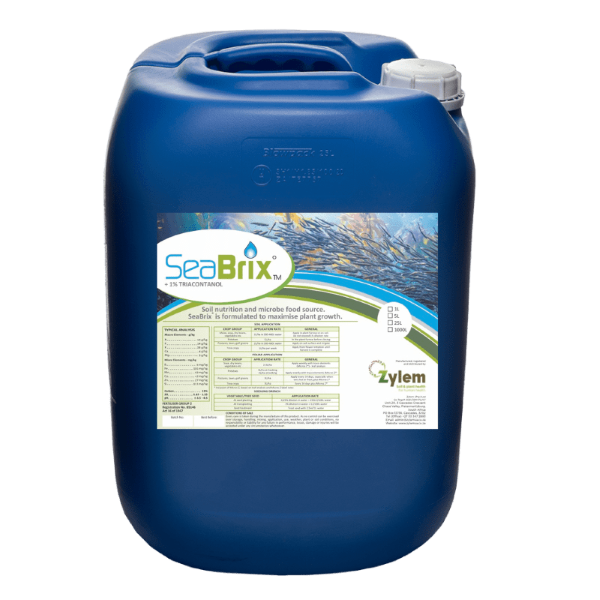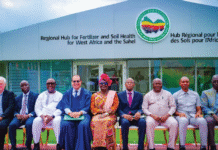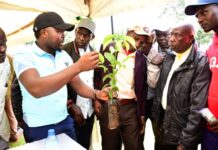Zylem, a leading manufacturer of biofertilisers and soil amendments, has achieved a significant milestone in sustainability by publishing South Africa’s first carbon life cycle assessment (LCA) of an agricultural input. This groundbreaking study, conducted in collaboration with sustainability consultancy African Data Technologies, marks a critical step in understanding and reducing the carbon footprint of agricultural products.
Carbon sequestration is fundamental to the purpose and objectives of regenerative agriculture. However, the carbon cycle happening on the farm is only one piece of the puzzle.
Zylem is on a journey to understand, quantify and reduce the carbon intensity of the products that they formulate and produce. In doing so, their goal is to ensure that their products not only improve the carbon cycle in agricultural environments, but also leave the lightest possible carbon footprint in their production and distribution.
As a first step on this journey, Zylem recently commissioned African Data Technologies, to conduct a carbon life cycle assessment (LCA) of Zylem’s flagship product, SeaBrix™️. The assessment was conducted according to recognised international standards (Greenhouse Gas Protocol, ISO 14040, ISO 14044, ISO 14067) and the results were audited and verified by an independent third party, The Green House.
By undertaking this process, Zylem’s primary goals are to quantify the climate impact of their products, promote transparency and demonstrate a real commitment to sustainability and regenerative agriculture. The assessment highlighted the major emission factors in Zylem’s production systems, thereby revealing the most significant opportunities to reduce emissions in future.
Given the pioneering nature of the study in the context of agricultural inputs in South Africa, the LCA of SeaBrix™️ serves as a benchmark against which improvements can be measured, and as a foundation for Zylem to implement carbon reduction measures across their product range and production processes going forward. The broader aim of the exercise is to encourage other fertiliser and input producers to examine and measure the impact of their own operations, so that as a sector we can take steps to improve what is for the most part our highly emission-intensive industry. Doing so will be good for the farm, the farmer, consumers and the planet.









